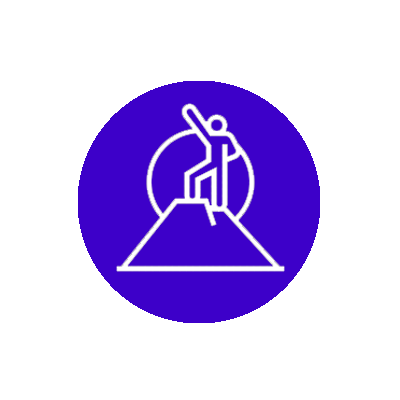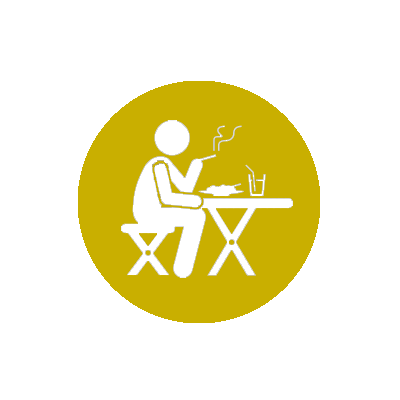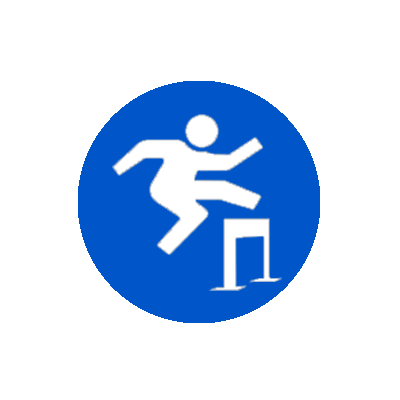Today, a range of treatment options are available for mental illness with different options working for different people. Professional help can be divided into four main categories; medication management, talk therapy, rehabilitation centers and alternative therapies.
Medications (psychopharmacology) are prescribed by psychiatrists while talk therapy (psychotherapy) is usually conducted by therapists (psychologists and counselors).
Rehabilitation centers involve admission of sufferers in specialized mental health centers which offer services that aren’t available in a community setting. Rehabilitation centers should not be confused with asylums. Asylums resemble jails and their goal is to isolate sufferers from society, not treat them. Rehabilitation centers, in contrast, are designed to help sufferers by providing them with an environment conducive to recovery. They are greatly beneficial for those sufferers who don’t have a support system at home, for whom a change in environment is essential for recovery such as those suffering from addiction, or for those who need to regain functionality and social skills.
Aside from the aforementioned treatment options, a range of alternative therapies may also greatly benefit the sufferer such as:
- Art therapy utilizes the creative process to help sufferers explore and come to terms with their unpleasant emotions, develop self-awareness, alleviate anxiety and increase self-esteem.
- Dance/movement therapy includes the therapeutic use of movement to access creativity and help ease tension throughout the body.
- Hypnotherapy involves sufferers being guided into a focused state of deep relaxation.
- Music therapy makes use of health benefits of music, including lowered stress and increased pain thresholds.
- Yoga is a spiritual practice designed to promote a calm mind and an increase in self-awareness.
- Meditation involves different techniques aiming to quieten the mind and put the sufferer into a state of calm and stillness.
- Peer support is conducted by peer specialists who use their lived experience to guide sufferers towards recovery.
So aside from these options, what else can sufferers do to help themselves? For more information select an option below:





